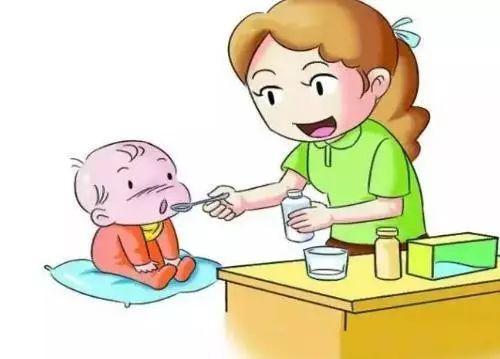New parents often face various parenting challenges after welcoming the joy of their baby’s birth. One of them may be the appearance of small red bumps on an 8-month-old baby’s face, a phenomenon that confuses many parents. In fact, this situation is likely infant eczema, a common skin issue in infants. Eczema, commonly known as milk scab, is particularly common in infants between 1 and 3 months old after birth, and most children naturally improve around one and a half years old.
The causes of infant eczema are complex and varied, influenced by multiple factors. The autumn and winter seasons, due to the dry climate, are a high incidence period for eczema. In response to this situation, it is particularly important to adjust the baby’s diet properly. Mothers who breastfeed should avoid consuming spicy, allergenic, or heat-inducing foods such as beef, lamb, seafood, and spicy condiments, and are advised to focus on a light diet. If the baby is sensitive to cow’s milk, it may be helpful to try goat’s milk or soy milk; for protein allergies, starting with feeding egg yolks and temporarily abstaining from eggs is recommended for mothers.
In the early stages of eczema, the baby’s skin may become red with tiny red dots, commonly seen on the face, especially the cheeks, and may later spread to the forehead, eyebrows, scalp, and other parts of the body. Symptoms accompanied by intense itching worsen with heat, possibly leading to the baby crying, reduced sleep quality, and affecting health. At this stage, when bathing the baby, use gentle, non-irritating cleansing products, and avoid highly alkaline soaps. Mild eczema can be relieved by applying special children’s eczema cream or zinc oxide ointment 2-3 times a day, supplemented with oral vitamin C for treatment. If the skin is oozing due to rupture, apply 3% boric acid solution moist dressings 3-4 times a day, 20-30 minutes each time, until the oozing stops.
Understanding the causes of small red bumps on the baby’s face and taking timely measures is crucial. If the baby’s eczema is severe or there is no improvement in home care, seek medical attention promptly to ensure the baby receives professional treatment, recovers faster, and minimizes unnecessary suffering.


